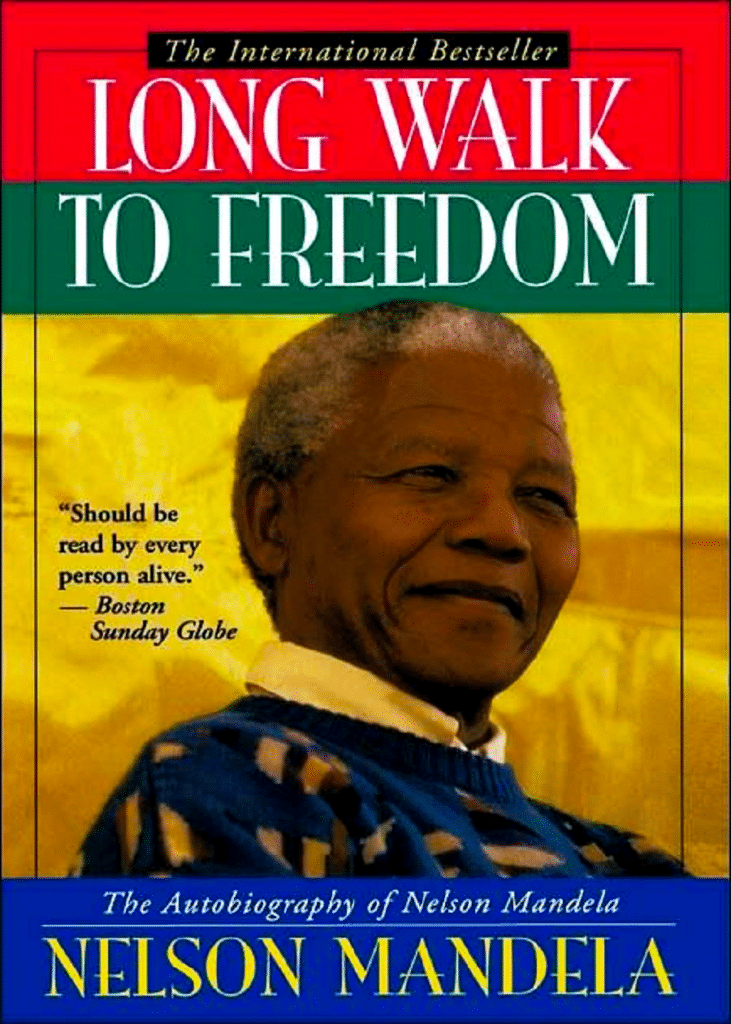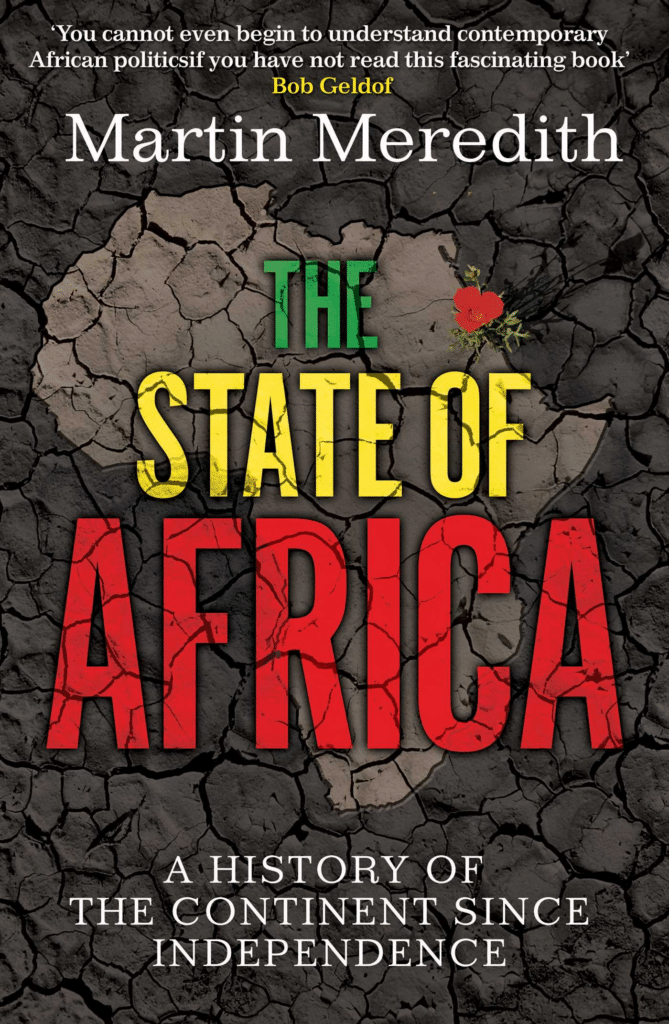Let us be grateful for history written in the form of books, both in the forms of African non-fiction and fiction.
Let us be grateful for eyes that lived to see, ears that lived to listen, and mouths that lived to tell stories of our past so that we in the present might come to know who we were and how we arrived here.
The beautiful thing about non-fiction is that it gives an insight into truth, the complexity of human existence, and especially for Africans, a context to why we are who we are today. Because as Africans, we are used to relying on other people’s narratives of what constitutes our past, and these narratives contain half or clothed truths.
This is why it’s important to read our narrative from our perspective. To this end, we present to you a book lover’s guide to African non-fiction.
African non-fiction books you should check out
Long Walk to Freedom – Nelson Mandela
Nelson Mandela‘s Long Walk to Freedom, published in 1994, is one of the most well-known autobiographies in recent times.

From his modest beginnings on a South African farm to his work as an iconic anti-apartheid liberation fighter, it covers the tale of his life. After detailing his twenty-year prison sentence, it concludes with his ultimate victory and release.
This remarkable and magnificent depiction of Nelson Mandela’s life narrative causes some deeper emotions to surface for the reader. Mandela fought for justice, not only for South Africa; he was not a South African liberation fighter. Mandela wished to free the African community from the bonds of apartheid.
RELATED: From a Book Lover: A Guide to African Fiction
There was a country – Chinua Achebe

This is a memoir of Chinua Achebe‘s early life in the Eastern Region of Nigeria where his people, the Igbo, were the dominant ethnic group.
While Chinua describes his upbringing, education, marriage, and fatherhood as well as his aspirations to become a renowned author and intellectual, he also provides a background narrative that is quite different. He gives a picture that contrasts sharply with the aspirations of both a young country and a young writer.
The Nigeria-Biafra War is regarded as the greatest conflict in Nigeria’s history due to its horrifying horrors and massive bloodshed. The Eastern Region of Nigeria had declared its independence and seceded, but the Nigerian government refused to permit this. This led to three years of civil war.
Chinua Achebe’s top priority throughout these unimaginable days of conflict, dread, and injustice was to safeguard the lives of his wife and kids.
However, he never lost sight of his objective to raise African writers’ works to a level that would be acknowledged and honored throughout the world of literature and would serve as a true representation of the voice of Africa. This was the purpose of the African non-fiction masterpiece called “There Was a Country”.
The State of Africa – Martin Meredith

Meredith’s huge book (770 pages) accomplishes exactly what it says on the cover. It tells the history of every African nation from the years leading up to independence.
From the 1950s to 2004, Martin analyzes a turbulent half-century of nations, politicians, and events. He does this with deceptively simple prose that is incredibly clear and evocative and easily conveys a ton of information.
Although the subject is broad, the book is a simple and enjoyable read. It is jam-packed with details and dates, important characters, and significant incidents, yet just a few overarching ideas stand out.
Class Struggle in Africa – Kwame Nkurumah

In the spirit of Marcus Garvey, Nkrumah situates the African struggle within the context of all Africans. “The African revolutionary struggle is not an isolated one,” he writes in the final paragraphs.
It must be viewed in the context of the Black movement as a whole as well as being a part of the global socialist movement. Liberation battles are being fought anywhere that Africans are oppressed, including in the United States and the Caribbean.
Although the book’s back essay is fairly “objective,” keep in mind that the class struggle Nkrumah discusses extends to Africans in other continents as well.
We wish to inform you that tomorrow we will be killed with our families – Philip Gourevitch

Gourevitch muses on the meaning of the Rwandan genocide while retelling survivor testimonies.
The title comes from a letter that seven Adventist pastors wrote to Pastor Elizaphan Ntakirutimana, head of the Seventh-day Adventist Church’s operations in western Rwanda. The pastors had sought refuge with other Tutsis in a hospital in the community of Mugonero in Kibuye prefecture on April 15, 1994.
Gourevitch charged Ntakirutimana with the murders that took place in the facility the following day. Ultimately, the International Criminal Tribunal for Rwanda found Ntakirutimana guilty.
This African non-fiction also details the history of Rwanda and the genocide’s apex in 1994.
READ ALSO: Journaling: Meaning, Benefits, How to Get Started
The true confessions of an Albino Terrorist – Breytenbach

The Afrikaner poet impales his interrogators and guards in his searing description of a seven-year prison sentence. Two of those years were in solitary confinement.
He exposes their relentless search for the vulnerability that will fuel their strength as the basis of apartheid.
A long way gone; memoirs of a boy soldier – Ishmael Beah

Beah’s experiences as a child soldier in the 1990s Sierra Leone Civil War inspired his 2007 memoir.
In the book, Beah goes from an innocent child to an adult tainted by war and its consequences.
Male daughters, female husbands – Ifi Amadiume

Ifi Amadiume challenges the conventional wisdom of social anthropology by contending that sex and gender were mutually exclusive in pre-colonial culture. She demonstrates that neither firmly feminized nor tightly masculinized roles existed by examining the systems that allowed women to acquire power.
SEE: Employee Attrition: Meaning, Effects and How to Avoid It
Economic changes during colonial times diminished women’s standing and political influence. And according to Dr. Amadiume, colonialism’s patriarchal tendencies still exist today to the detriment of women.
She also criticizes Western feminists who tend to adopt outdated ideas when talking to African women.
African non-fiction: In conclusion
African non-fiction is an exposition from the perspectives of the writers. It is refreshing that we can tell our own stories and shape our own narratives.
